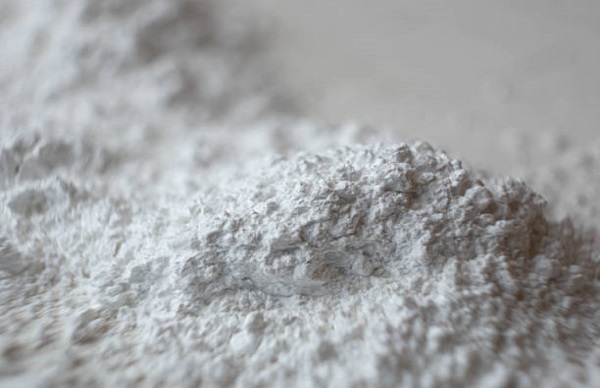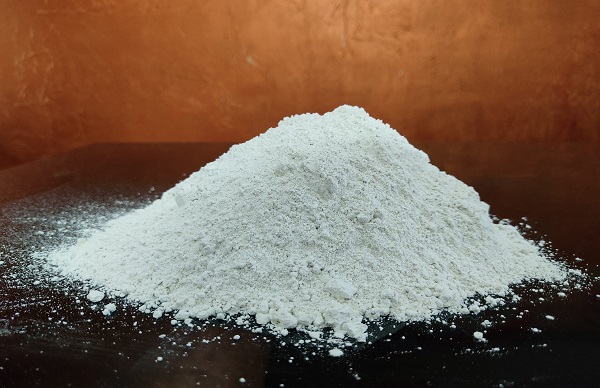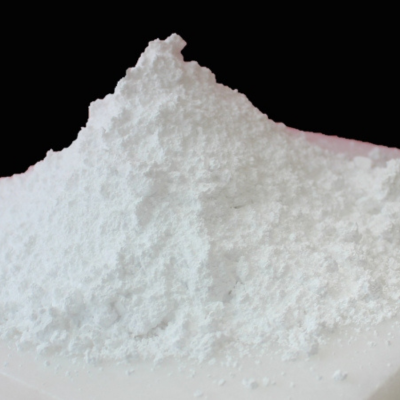
Which mineral is composed of Calcium Carbonate
October 8, 2024
Can Calcium Carbonate be consumed
October 8, 2024Water Hardness and Calcium Carbonate Equivalent
Water hardness is a significant parameter in various industries and domestic applications. It refers to the concentration of dissolved minerals, primarily calcium and magnesium, in water. Calcium Carbonate Powder Suppliers can affect not only the quality of water but also its suitability for different uses, such as in industrial processes, household tasks, and agricultural practices. Understanding the expression of hardness in terms of calcium carbonate equivalent (CCE) is crucial for water treatment, quality assessment, and overall environmental management.
The Concept of Hardness
Hardness in water is primarily classified into two categories: temporary and permanent hardness. Temporary hardness is due to the presence of bicarbonate minerals, which can be removed by boiling the water. In contrast, permanent hardness is caused by sulfate and chloride compounds, which remain even after boiling. Hardness is measured in milligrams per liter (mg/L) or parts per million (ppm), but it is often expressed as calcium carbonate equivalent for standardization.
Importance of Calcium Carbonate Equivalent
Calcium carbonate (CaCO₃) is a compound that serves as a common reference point for expressing water hardness due to its prevalence in natural water systems and its role in water treatment processes. When water hardness is expressed in terms of calcium carbonate equivalent, it simplifies communication and comparison of hardness levels across different contexts.
Standardization
By using calcium carbonate as a reference, various hardness values can be standardized. Different types of water sources may have different concentrations of hardness-causing minerals. Expressing hardness as CaCO₃ allows for an easy comparison across different water types and geographical regions, making it simpler to assess water quality.
Relevance to Water Treatment
In the context of water treatment, understanding hardness is essential for selecting appropriate treatment methods. For example, if the hardness level exceeds certain thresholds, it may lead to scaling in pipes and boilers, affecting operational efficiency. Using calcium carbonate equivalent helps water treatment professionals to decide on processes like ion exchange or lime softening more effectively.
Interpreting Water Quality
Expressing hardness as calcium carbonate equivalent facilitates easier interpretation of water quality reports. When consumers and industries receive information regarding water hardness, having a common unit like CaCO₃ allows them to understand the implications of hardness on their specific applications, such as in brewing, agriculture, or textile manufacturing.
Calculating Calcium Carbonate Equivalent
To convert the concentration of calcium and magnesium in water to calcium carbonate equivalent, specific conversion factors are used. The molar mass of calcium carbonate is 100.09 g/mol, while the molar masses of calcium (40.08 g/mol) and magnesium (24.31 g/mol) are crucial in this calculation. The general formula to convert to CCE is:
CCE (mg/L) = Ca (mg/L) × (100.09 / 40.08) + Mg (mg/L) × (100.09 / 24.31)
This formula helps in converting the individual contributions of calcium and magnesium to a standardized unit of hardness, expressed as CaCO₃.
Implications of Water Hardness
High hardness levels can have significant consequences in various sectors. In industrial settings, hard water can lead to scaling in boilers, affecting heat transfer and energy efficiency. In domestic applications, hard water can result in reduced soap effectiveness and buildup of limescale in appliances, leading to higher maintenance costs.
Conversely, while some hardness is acceptable and can even enhance water taste, excessive hardness can lead to problems. Understanding and controlling hardness levels are therefore vital for both economic and health reasons.
Conclusion
In summary, the expression of hardness in terms of calcium carbonate equivalent serves several critical functions in standardization, treatment, and communication of water quality. By providing a clear and consistent method for comparing water hardness across different sources, it enhances our ability to manage and treat water effectively. Organizations like Sudarshan Group play a vital role in producing high-quality minerals, including calcium carbonate, which are essential in various applications, including water treatment processes. Their commitment to quality ensures that industries can meet their specific needs while maintaining effective water management practices.



